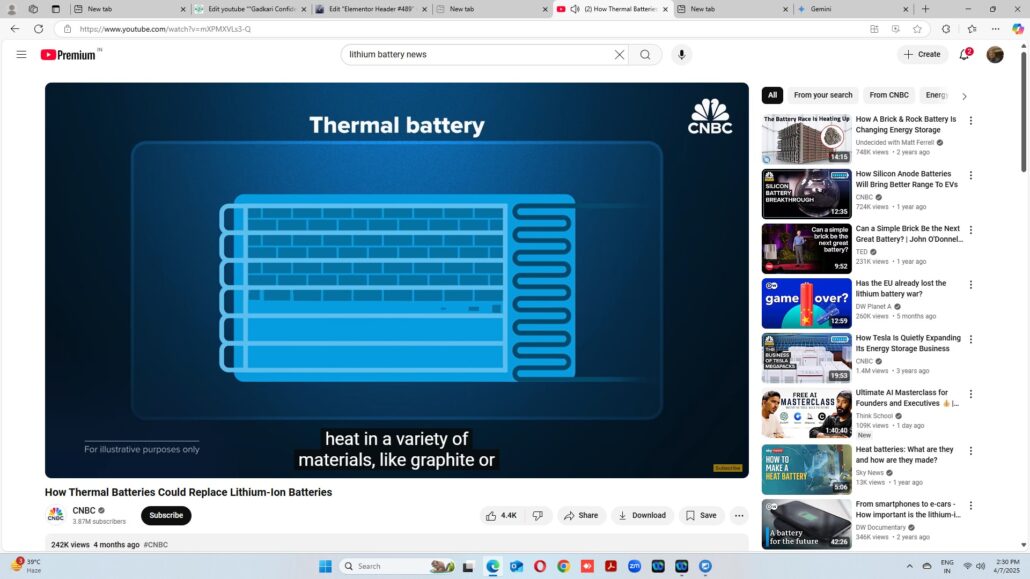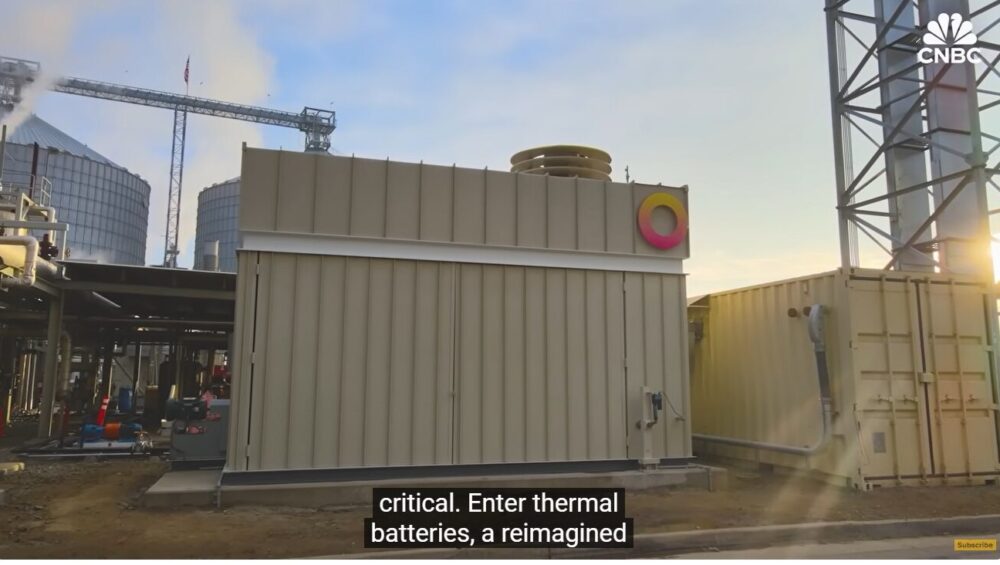The video explores thermal batteries as a promising solution for energy storage, particularly to address the intermittent nature of renewable energy sources like wind and solar power. Unlike conventional batteries that store electricity chemically, thermal batteries store electrical energy as heat. They utilize readily available and cost-effective materials such as graphite, bricks, clay, and iron alloys, making them a potentially cheaper alternative to lithium-ion batteries for long-duration energy storage. This cost-effectiveness is a key advantage, especially for applications requiring large-scale energy storage.
Thermal batteries function by converting electricity into heat, storing it in insulated materials, and then reconverting the heat back into electricity when needed. This process allows for the storage of energy over extended periods, making them ideal for balancing the fluctuating output of renewable energy sources and ensuring a stable energy supply. Beyond grid-scale storage, thermal batteries can also play a crucial role in decarbonizing industries by providing a low-cost and scalable method to store and utilize heat for various industrial processes.
Several companies are actively developing thermal storage solutions.
Rondo Energy, for example, is working on systems that can store heat at very high temperatures, while Antora Energy is focusing on integrating thermal storage with industrial heat processes. Fourth Power is another player in this space, exploring innovative approaches to thermal energy storage. Despite their potential, thermal batteries face challenges in terms of market awareness, attracting investment, and seamless integration with existing energy systems. Overcoming these hurdles is crucial for the widespread adoption of thermal batteries and their contribution to a more sustainable energy future. The video highlights the importance of continued research and development in this field to unlock the full potential of thermal batteries as a key component of a cleaner and more reliable energy infrastructure.









